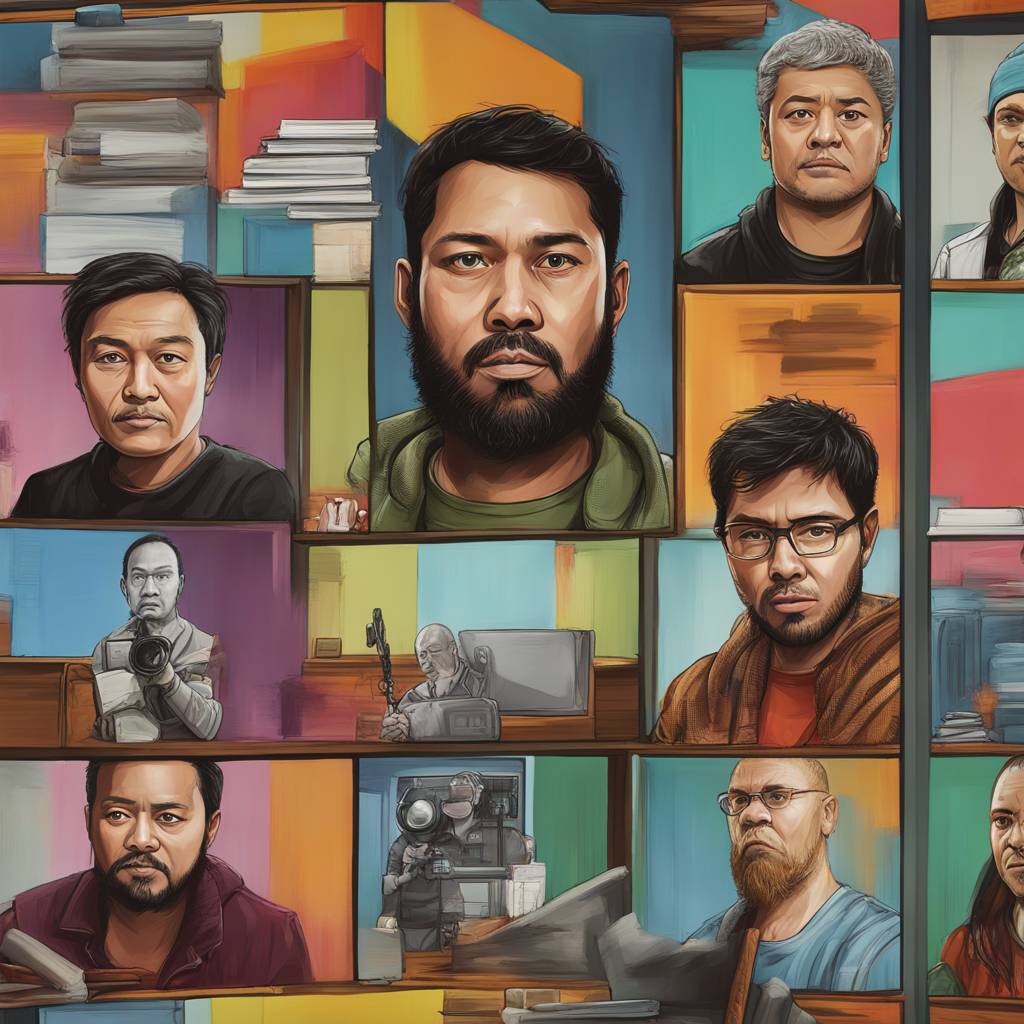Leonel Moreno, a Venezuelan “migrant influencer” who made headlines for urging border crossers to “invade abandoned houses” in the US, is now regretting his actions and complaining of persecution in America after being jailed in the Geauga County Jail in Ohio. Moreno, who has a large following on TikTok, claims that he is a victim of unjust persecution and defamation by the media, insisting that he is a good person. Missing his freedom, Moreno expressed his fear of being harmed by other inmates in the jail.
Claiming that he has been unjustly incarcerated due to his inflammatory social media videos, Moreno also faces federal firearm charges based on videos showing him handling firearms in a gun store. Despite this, Moreno plans to fight any charges using the First Amendment to protect his right to free speech. He criticized the United States for becoming oppressive and not allowing people to express their views freely. Moreno had previously posted videos encouraging migrants to come to the US, claiming they could make more money through begging and government support rather than working.
In his videos, Moreno flaunted large sums of money and claimed that he could support himself, his wife, and daughter for an extended period without having to work. He also called for support for a 15-year-old migrant accused of a shooting in Times Square. Moreno’s accounts on TikTok and Instagram were shut down, but he remains active on Instagram with over 17,000 followers. Despite the setbacks, Moreno remains determined to continue earning money through social media and is confident about regaining his TikTok account.
Moreno distinguishes between his social media persona, “Leito Oficial,” and his real-life identity as Leonel Moreno, claiming that they are different entities. He describes his videos as having a sarcastic and dark humor, insisting that they do not reflect his true beliefs. Despite this, it is unclear whether Moreno’s viewers understand the distinction between his character and actual beliefs. Refusing to answer questions about his personal beliefs, Moreno continues to defend his actions as part of his job as a social media influencer.
Overall, Leonel Moreno’s case highlights the potential consequences of using social media to spread controversial and inflammatory messages. His experience emphasizes the importance of responsible online behavior and the need to consider the impact of one’s words and actions, especially when addressing sensitive issues such as immigration and border security. As Moreno navigates his legal troubles and defends his right to free speech, his story serves as a cautionary tale for those who seek to use social media as a platform for advocacy or influence.













